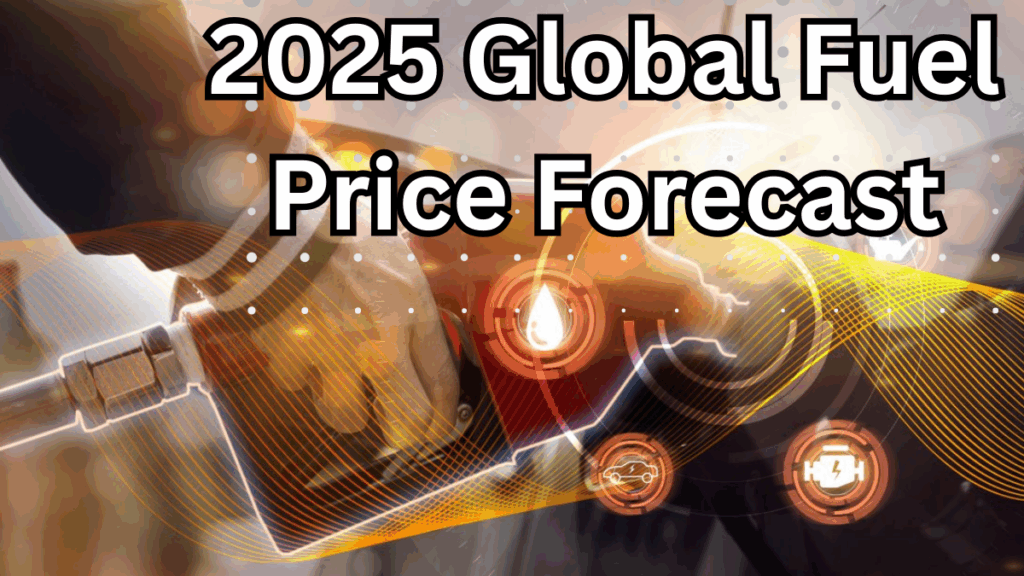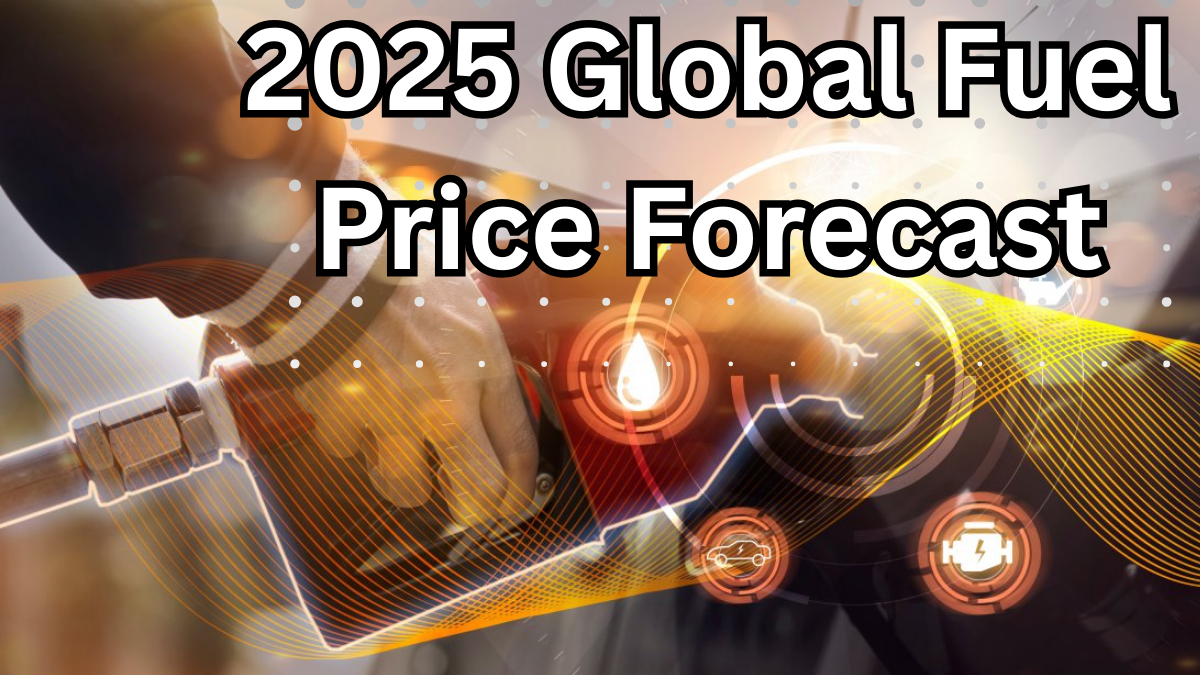As we approach 2025, many car owners are wondering: What will the global fuel cost look like next year? With fluctuating petrol diesel trends and the ever-changing oil market, predicting fuel prices can feel like trying to catch smoke. But understanding these factors can help you plan better for your driving budget and make smarter choices.
In this article, we break down the fuel prices forecast 2025 and what it means for everyday drivers worldwide.

What Drives Global Fuel Costs?
Fuel prices don’t change in isolation. The price you pay at the pump is influenced by a complex mix of:
-
Crude oil supply and demand: The backbone of petrol and diesel prices.
-
Geopolitical tensions: Conflicts or diplomatic issues can disrupt supply chains.
-
Government policies and taxes: Fuel levies and subsidies impact final retail prices.
-
Currency exchange rates: Since oil trades in USD, currency fluctuations affect prices.
Petrol and Diesel Trends to Watch in 2025
The petrol diesel trends for 2025 suggest a cautious rise, but with room for surprises. Here’s a quick glance at what experts predict:
| Fuel Type | Forecasted Price Trend | Key Influencing Factor |
|---|---|---|
| Petrol | Moderate increase | Rising crude oil demand in Asia |
| Diesel | Slightly higher hike | Industrial demand recovery |
| LPG | Stable to slight rise | Increasing adoption in urban areas |
While diesel often follows petrol prices, its industrial use may push its price slightly higher compared to petrol in some regions.
The Oil Market Outlook: What’s in Store?
The global oil market remains a key player in shaping fuel prices. Analysts point to several key trends:
-
OPEC+ production decisions: Agreements to limit or boost output impact prices immediately.
-
Renewable energy growth: As electric vehicles gain popularity, long-term oil demand may soften.
-
Technological advancements: Improved extraction methods can stabilize supply.
These factors mean while prices may fluctuate, sudden spikes or drops like those seen in recent years are less likely in 2025.
What Does This Mean for Car Owners?
If you’re a car owner, here’s what to keep in mind with the 2025 fuel prices forecast:
-
Budget planning: Expect a slight increase, so adjust your monthly fuel budget accordingly.
-
Consider fuel efficiency: Vehicles with better mileage will save more as prices rise.
-
Explore alternatives: Hybrid and electric vehicles become more attractive economically.
-
Stay informed: Fuel prices can vary by region — local factors matter!
Quick Snapshot: Global Fuel Price Forecast 2025
| Factor | Expected Impact on Prices | What Car Owners Should Do |
|---|---|---|
| Oil market stability | Moderate price increases | Plan budget with slight cushion |
| Geopolitical risks | Possible regional spikes | Monitor news and fuel stations |
| Government taxes | Variable per country | Research local policy changes |
| Renewable energy push | Long-term price relief | Consider green vehicle options |
FAQ
Q1: Will petrol and diesel prices rise sharply in 2025?
A1: Most forecasts point to a moderate increase rather than sharp spikes, thanks to a relatively stable oil market and steady supply-demand balance.
Q2: How do global fuel costs affect my local fuel prices?
A2: Global fuel cost sets the baseline, but local taxes, subsidies, and distribution costs can significantly affect pump prices in your area.
Q3: Should I consider switching to an electric or hybrid vehicle in 2025?
A3: Given the rising fuel prices forecast and environmental benefits, switching can save money in the long run and reduce dependence on volatile fuel markets.
Q4: How can I best prepare for fuel price changes next year?
A4: Stay updated with news, plan your budget with a buffer, drive efficiently, and consider alternatives like carpooling or public transport when possible.
Final Thoughts
Navigating the twists and turns of global fuel cost and petrol diesel trends can be tricky. However, the fuel prices forecast 2025 suggests manageable increases that can be softened with smart planning and awareness. Whether you’re a daily commuter or an occasional driver, staying informed is your best tool to keep your fuel expenses under control.
Click here to learn more
